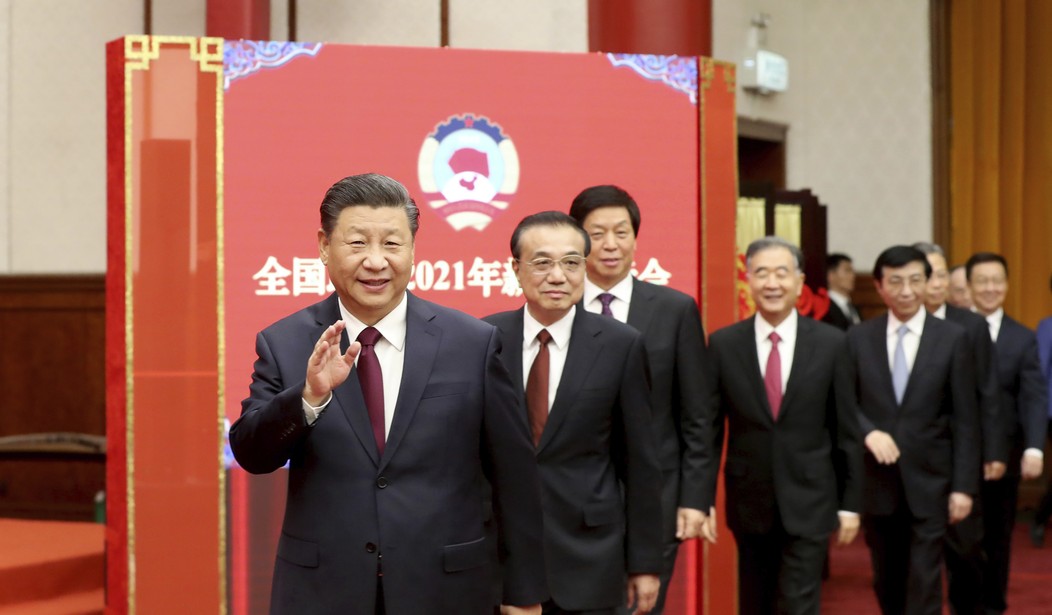China is still struggling with a hangover from the problems in its property sector. Its economy did well last year, at least that's what the official numbers say, but today there are new signs that things are slowing down.
The latest data point to a rocky start to the second half. On Tuesday, central bank data showed July new bank loans plunged to a 15-year low, while other key gauges showed export growth slowed and factory activity slumped as manufacturers grapple with tepid domestic demand...
"The market consensus will move to the left side of the 'around 5%' growth target, since the economy slowed in July and a forceful plan to support the economy seems to be missing," said Xu Tianchen, senior economist at the Economist Intelligence Unit, which has kept its growth forecast at 4.7% since March.
The worst metrics are in the property sector and unemployment also ticked upwards.
Unemployment rose for the first time since February, clocking in at 5.2%, compared to 5% in June...
Investment in real estate dropped 10.2% year-on-year in the first seven months of the year, after decreasing 10.1% in the January-June period.
A prolonged slump in China’s property market after regulators cracked down on excessive borrowing by developers unleashed a chain reaction that has pulled housing sales and prices lower and hit many other parts of the economy, such as construction, building materials and home appliances.
Not mentioned here is youth unemployment which got bad enough last year that the government stopped publishing the data. They started up again earlier this year and last month youth unemployment was at a recent low of 13%.
There was a silver lining in all of this, a slight increase in retail sales which helped bolster the stock market, but Bloomberg summed up the overall economic picture as one of slowing momentum.
The latest snapshot of China’s $17 trillion economy points to an overall loss of dynamism and signs of deterioration as consumers and businesses turn increasingly pessimistic. Recent government efforts — including interest-rate cuts — to stimulate consumption and investment are barely moving the needle, as the world’s No. 2 economy continues to lean on manufacturing to power growth.
“The economy’s momentum slowed,” said Ding Shuang, chief economist for Greater China and North Asia at Standard Chartered Plc. “This has posed more challenges to the goal of achieving around 5% growth this year, and policymakers would see this too.”...
The economy’s performance marked “a weak start” to the second half, said Xing Zhaopeng, senior China strategist at Australia & New Zealand Banking Group Ltd. “Demand side weakness remains stubborn.”
The expectation is that, at some point, the government will realize China is going to miss it's 5% growth target for the year and unleash a flood of money to help prop up demand. It has spent a lot of money on infrastructure to keep the numbers high but there is pressure for the government to do more. So far there are no signs that is about to happen.
Not mentioned in these stories is the fact that China's foreign investment numbers have been down sharply as the country has clamped down on foreign companies and put in place new laws which seem aimed at threatening them. We're definitely not there yet but at some point, maybe a couple years from now, China may have to decide if it's really open for business or if Xi Jinping's commitment to communist principles is more important.
Update: A new study by an international group of academics finds that one of the big secret's to China's past success was privatization of state-owned companies:
...a new National Bureau of Economic Research (NBER) working paper on Chinese state-owned enterprises and privatization finds — surprise! — that it is China’s private sector, not its government’s central planning, that drives the country’s economic improvement....
According to the study, in zombie state-owned enterprises that become privatized, labour productivity increases by about 21 per cent in the year of privatization, growing to 27 to 31 per cent in the following three years. In financially healthier state-owned enterprises, however, privatization increases labour productivity by about five per cent in the year of privatization, and by five to 11 per cent in the next three years.
In addition to increasing labour productivity, the study found, privatization also significantly boosted “total factor productivity,” reduced government subsidies, reduced interest rate subsidies, improved firms’ liquidity, increased operating profits and decreased administrative expenses. In sum, the positive economic effects of privatization apply both to zombie and financially healthier state-owned enterprises, but with much larger positive impacts on the zombies.
It's almost as if capitalism works better than communism. Will wonders never cease!








Join the conversation as a VIP Member